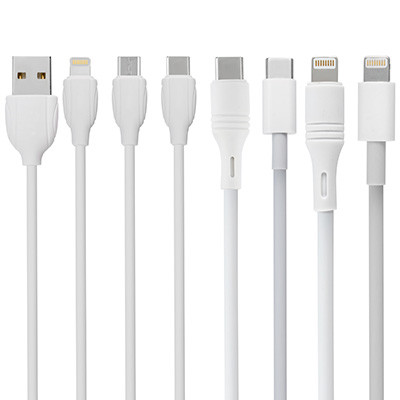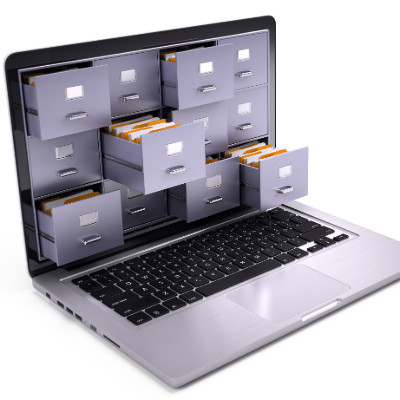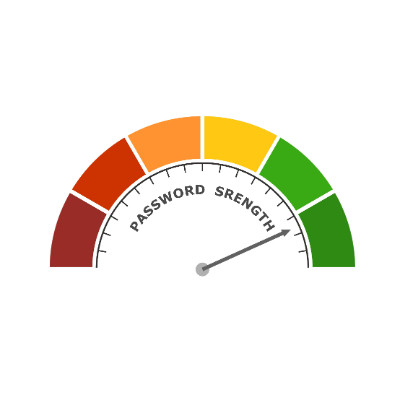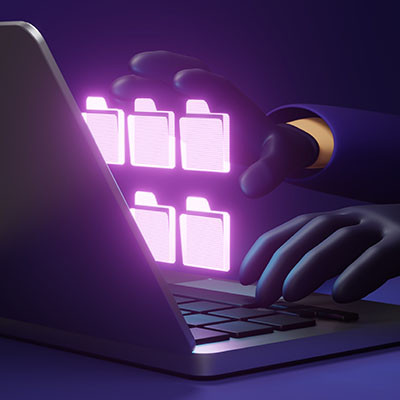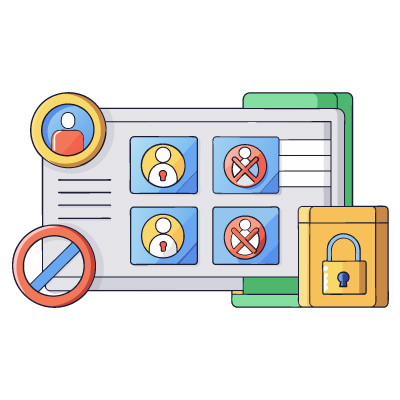When it comes to technology, there is a constant friction between convenience and security. No consumer device illustrates this tension better than the Ring doorbell. To most, it is a tool to catch porch pirates; to IT professionals, it is a persistent IoT sensor with a direct, unencrypted line into one of the world’s most massive cloud ecosystems.
The real controversy isn't about filming a sidewalk; it’s the transparency gap between what is being captured and what the company openly admits to. Most users believe they are buying a digital peephole, but the reality of how Amazon captures, processes, and utilizes that data is far more complex.









